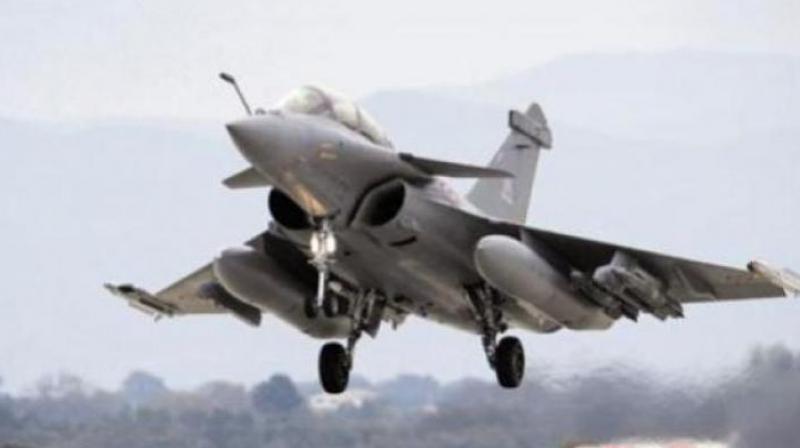CJI cites Pentagon Papers ruling

New Delhi: In a huge setback to the Narendra Modi government, the Supreme Court on Wednesday decided to examine the decision-making process in the Rafale deal on the basis of stolen documents published in the media on alleged irregularities in the deal.
“No law enacted by Parliament specifically barring or prohibiting the publication of such documents on any of the grounds mentioned in Article 19(2) of the Constitution has been brought to our notice. In fact, the publication of the said documents in The Hindu newspaper reminds the court of the consistent views of this court upholding the freedom of the press”.
The CJI also cited a ruling of the US Supreme Court, which refused to recognise a right in the executive government to seek a restraint order or publication of certain papers titled “Pentagon Papers”.
The court declined to pass prohibitory orders on publication of the “Pentagon Papers” on the ground that the (US) Congress itself not having vested any such power in the executive, which it could have so done, the courts cannot carve out such a jurisdiction as the same may amount to unauthorised judicial lawmaking, thereby violating the sacred doctrine of separation of powers”.
The CJI said: “There is no provision in the Official Secrets Act and no such provision in any other statute has been brought to our notice by which Parliament has vested any power in the executive arm of the government either to restrain publication of documents marked as secret or from placing such documents before a court of law which may have been called upon to adjudicate a legal issue concerning the parties.”
On the claim of privilege, the CJI said on the very face of it, Section 123 of the Indian Evidence Act 1872 relates to unpublished public records but in this case the documents are already published and are in the public domain.
Even assuming that the documents have not been procured in a proper manner, the same could not be shut out of consideration by the court, the CJI said.

